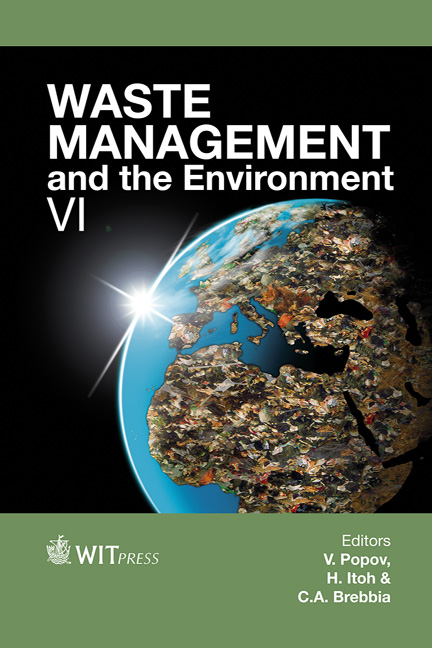Recycling Practices Of Crushed MgO-C Bricks And Dolomite Sinter Fines Used As A Slag Conditioning Additive In The EAF
Price
Free (open access)
Transaction
Volume
163
Pages
12
Page Range
259 - 270
Published
2012
Size
464 kb
Paper DOI
10.2495/WM120241
Copyright
WIT Press
Author(s)
T. C. Avelar, A. F. Veiga, E. Gueguen & J. R. Oliveira
Abstract
Reduction of production cost on electric arc furnace (EAF) technology is strongly dependent on the efficiency of electrical energy introduced into the metal bath. Beyond EAF technology, the slag foaming process is currently applied to some other equipment for steel production aiming to save energy, productivity improvements, enhance the refractory service life and inhibit steel re-oxidation and can be achieved by improving the thermal efficiency heat transfer to the scarp by stabilizing of the arc activity through foamy slag practice. All these effects can be achieved by guaranteeing the optimum amount of MgO in the slag to achieve the best foaming quality. The recycling options of Crushed MgO-C spent refractories removed from EAF without complex and costly beneficiation have been evaluated with emphasis on the application as a slag conditioner because of their high MgO content. A specially prepared briquettes content crushed MgO-C spent refractories and Dolomite Sinter obtained from rotary kilns process were used as a slag conditioning agent on the slag and metal phase boundary aiming an optimum amount of MgO in the slag and the formation of gas bubbles needed to achieve the best foaming quality necessary for the foaming effect. After several tests in the laboratory simulating EAF conditions a final formulation was defined. Together with a computer model based on published phase-diagrams which graphically maps the chemistries for the dual saturated slag, the optimum MgO amount to control the slag composition while the equipment is being operated was defined. The additional
Keywords
electric arc furnace (EAF), foaming slags, refractory recycling slag conditioning





